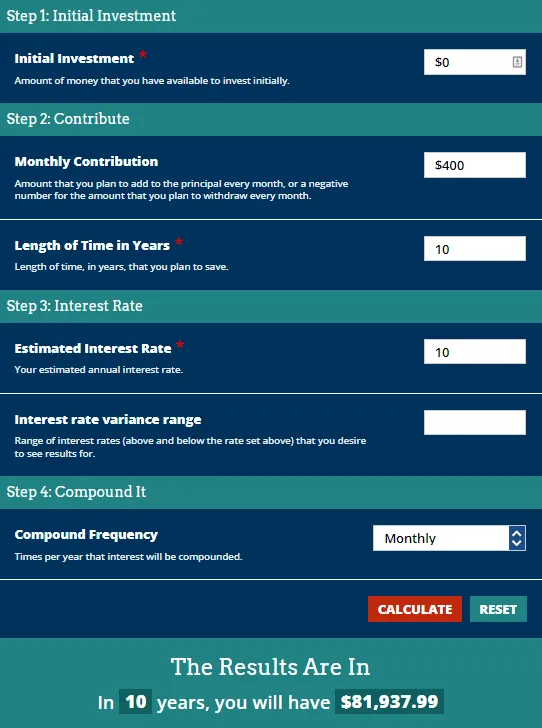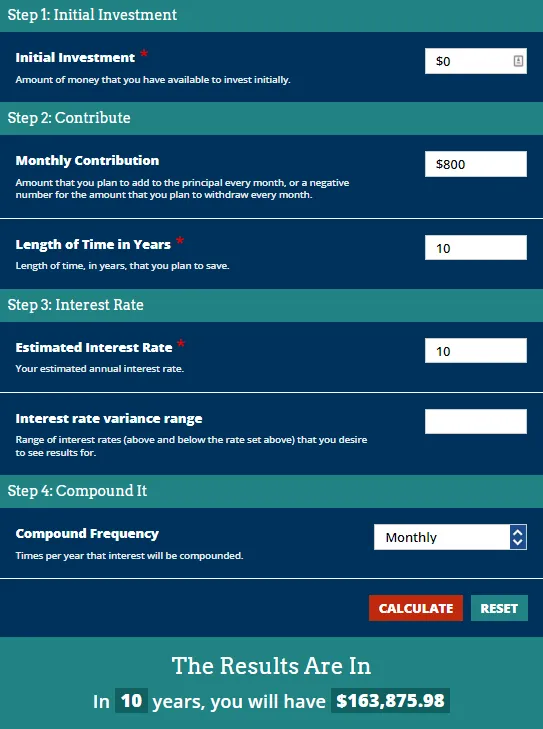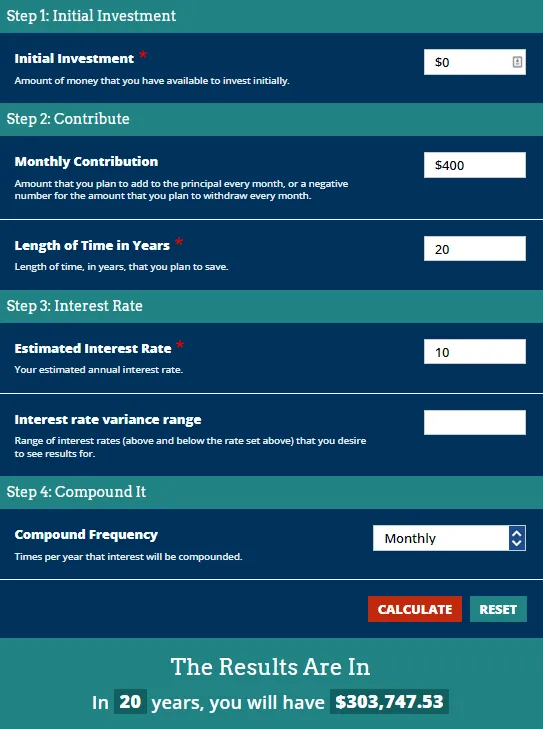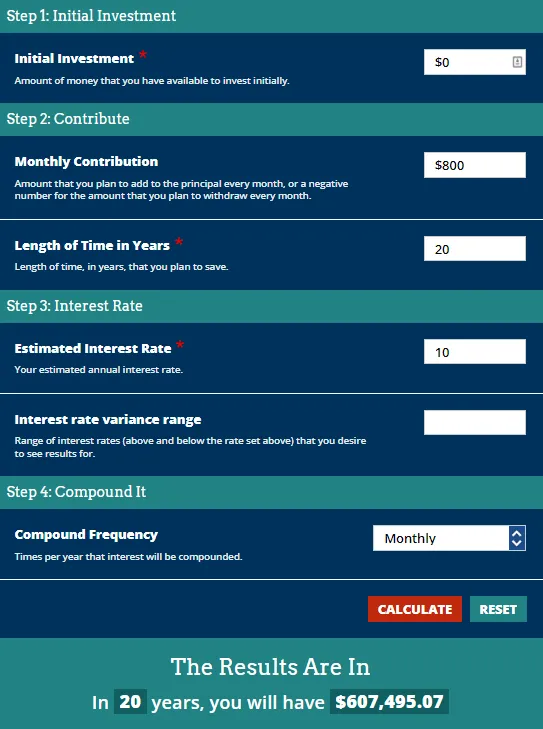As I was saying yesterday, my own business isn't doing as well as I had hoped since the end of the pandemic. There are a couple reasons for this, as while I was able to move the classes online, a lot of my "appeal" is through face to face interaction, as that is where stronger relationships are built and, therefore, where word of mouth distribution is sourced. That personal connection also keeps people more engaged and, in-person meetings are far harder to cancel.

It is quite sad, because I worked very hard to build the business up in the first place, with very, very little support, so being essentially forced to lose it, hurts. However, for now at least, it is still bringing in a trickle of income and that matters.
A lot of people and especially those who are full-time employed, are unwilling to do a second job, especially if it doesn't return that much per hour or, that much per month. But, I think it is because of the perspective they take on it.
For example, someone working an okay job in Finland might get €4000 a month. However, once they have paid their taxes, their mortgage, utilities, food, fuel and entertainment, they might not have much left. If they have the "ten percent" that used to be the minimum recommendation to save (10% pre-tax remember), they will have €400 left over to save or invest.
And this is why those trickles matter.
Because in order to double the amount available to invest, double the salary isn't required. Instead, all that is really needed is a part-time job doing a shift or so a week, stacking shelves or flipping burgers, as that will return around €500 and €400 after tax.
And, this is where reframing is important, because while the €4000 from the main job was earning €25 per hour, the second job will be earning far less per hour, but with one 8-hour shift a week, would be able to double the amount able to invest from 400 to 800, which is the difference of investing 4800 in a year or, 9600 - a massive difference, especially over the space of multiple years, where in a decade (all things remaining equal), an extra 50,000 would have been invested, always compounding earning all of that time.
Just to show the difference in a very straight line 10%


If we push that out for another decade to twenty years, it looks like this.


However, there is something else to remember here, because while the doubled investment amount has added another 300K into the investment portfolio, the original job income of 4000 has also been paying the mortgage alongside, which would be coming toward an end at this point. Plus, children would be starting to move out of the house and get their own jobs.
This means that now, that trickle of money from an extra weekly shift flipping burgers has been able to double the portfolio without putting any extra stress on the lifestyle, other than losing eight hours a week to a mindless job. And, what is also a good thing to consider is that across those two decades, there are also going to be times of economic downturn, so there is a little in-built buffer to draw on or use weekly. And of course, there will also be opportunities to invest into higher risk, meaning that the 10% figure I used, might be 100% or 1000% at times.
With no risk.
Well, there is "risk" of course, but there is a difference of getting into higher risk, higher return assets when there is not much to invest, or when there is extra to invest and a larger portfolio that provides stability.
For instance, with the 400 a month to invest, a person might find it difficult to put a quarter of it (100) into crypto. But, if they are getting 800, they will be more willing to put 200 in, because they are also adding an extra 50% (600 total) into their traditional investment. And, all it is costing them is some time.
And perhaps a little ego.
No one wants to work more, especially if they feel the job is "beneath them". However, most people would like more to invest, so which has hierarchy of importance? The shame of working a mindless job, or doubling investment potential?
Right now, there are signs for part-time work going up all over the globe, with so many industries suffering a lack of applicants. This means that not only is it quite easy for those who are motivated to get a side job, but it is also more likely that it will pay more than a base salary, as it is an employees market currently.
And what I would predict, is that the people who did this, would find that they actually enjoy the work quite a lot, if it is different to what they are already working at for 160h a month. All those people working at desks day in day out, would likely quite enjoy the relief of spending a shift as a barista, or stocking shelves at the supermarket, getting to know different kinds of people, and knowing that while they enjoy the change of pace, they are significantly changing their invested future.
Small amounts add up, especially if used wisely and I think this is something that is forgotten, because it is also very easy to go in the other direction, not using the time we have well, wasting it on the useless instead. Those eight hours a week could be what makes an extra million dollars available at retirement or, it can have no affect at all.
I haven't given up on my business yet and I will hold on for as long as I can. The possibility to change our economic future is just too good to not work for.
Taraz
[ Gen1: Hive ]